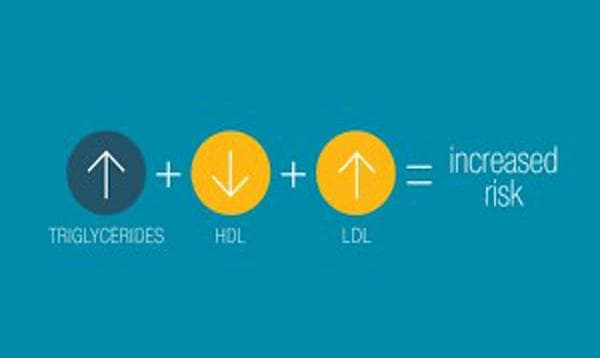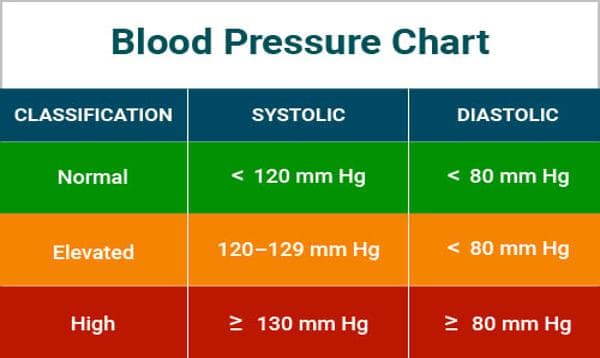
Stroke Risk Assessment Calculator – Measure Your Risk Level
Learn about stroke, its risk factors, assessment, and how to use the Stroke Risk Assessment Calculator to measure your risk level and improve your health.
January 5, 2025
Learn about Coronary Heart Disease (CHD), its risk factors, calculation, and how to use the information to maintain heart health.

Coronary Heart Disease (CHD) is a condition where the coronary arteries that supply blood to the heart muscle become narrowed or blocked due to the buildup of plaque. This can lead to reduced blood flow, chest pain (angina), heart attacks, and other cardiovascular complications.
Assessing the risk of CHD is crucial because it allows for early detection and intervention. By understanding your risk factors, you can take proactive steps to manage them, reduce the likelihood of developing CHD, and improve your overall heart health.
The risk of CHD can be calculated using various risk assessment tools that consider factors such as age, gender, cholesterol levels, blood pressure, smoking status, and diabetes. These tools provide an estimate of your 10-year risk of developing CHD.
Elevated levels of LDL (bad) cholesterol and low levels of HDL (good) cholesterol can increase the risk of plaque buildup in the arteries.
Hypertension can damage the arteries, making them more susceptible to plaque formation.
Diabetes increases the risk of CHD by contributing to the buildup of plaque and affecting blood vessel function.
Smoking damages the blood vessels and increases the risk of plaque buildup.
Excess body weight can contribute to high blood pressure, high cholesterol, and diabetes, all of which are risk factors for CHD.
Lack of regular exercise can lead to obesity and other risk factors for CHD.
Common symptoms and warning signs of CHD include:
Lifestyle and dietary choices play a significant role in managing CHD risk:
Focus on foods that are high in fiber, healthy fats, and lean proteins. Avoid processed foods and those high in saturated fats and sugars.
Aim for at least 150 minutes of moderate-intensity exercise per week. Include activities like walking, cycling, swimming, and strength training.
Regularly check your cholesterol levels and blood pressure to ensure they remain within healthy ranges.
Practice stress-reducing techniques such as meditation, deep breathing, and yoga.
Our Coronary Heart Disease Risk Calculator is user-friendly and provides an estimate of your risk of developing CHD. Enter your age, gender, cholesterol levels, blood pressure, and other relevant information to calculate your risk. Use this information to take proactive steps to manage your risk factors and improve your heart health.
There are several misconceptions about heart disease that can lead to confusion:
Understanding and assessing your risk of Coronary Heart Disease is essential for maintaining heart health. Use our Coronary Heart Disease Risk Calculator to determine your risk and take proactive steps to reduce it. By adopting a heart-healthy lifestyle and managing risk factors, you can lower the likelihood of developing CHD and improve your overall cardiovascular health.
Feel free to adjust any part of this draft as needed. Let me know if there’s anything else you need!
More Articles

Learn about stroke, its risk factors, assessment, and how to use the Stroke Risk Assessment Calculator to measure your risk level and improve your health.
January 5, 2025

Learn about Cholesterol Ratio, its significance, calculation, and how to use it to assess your heart disease risk.
January 5, 2025

Learn about LDL and HDL Cholesterol, their differences, importance, and how to use the LDL & HDL Cholesterol Difference Calculator to maintain healthy cholesterol levels.
January 5, 2025

Learn about the Triglyceride-to-HDL Ratio, its importance, calculation, and how to use it to assess cardiovascular risk.
January 5, 2025

Learn about Blood Pressure, its significance, classification, and how to use it to maintain healthy blood pressure levels.
January 5, 2025